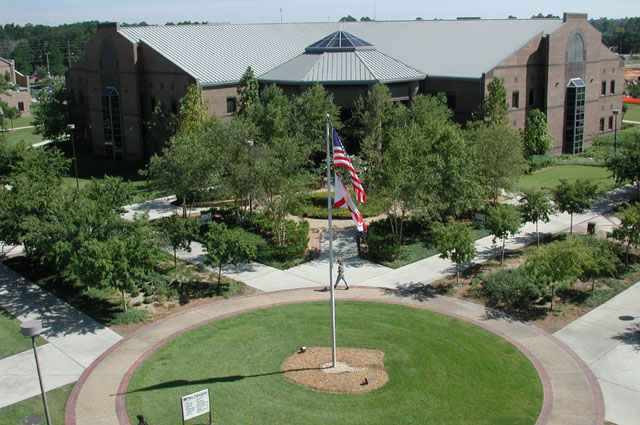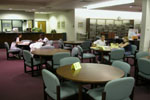It's Here: First Local Chikungunya Cases in Florida
NBCNews.com, Maggie Fox, July 17th, 2014
 Health experts had said it was only a matter of time before the virus, carried by mosquitoes, made its way to the U.S. It’s been spreading rapidly in the Caribbean and Central America. It's infected 350,000 and killed 21.
Health experts had said it was only a matter of time before the virus, carried by mosquitoes, made its way to the U.S. It’s been spreading rapidly in the Caribbean and Central America. It's infected 350,000 and killed 21.Sign up for top health news direct to your inbox.
There have been other U.S. cases but all have been among people who had recently traveled to affected regions.
| “Seven months after the mosquito-borne virus chikungunya was recognized in the Western Hemisphere, the first locally acquired case of the disease has surfaced in the continental United States,” the Centers for Disease Control and Prevention said in a statement. "The first locally acquired case of the disease has surfaced in the continental United States.” Florida health officials later said there were two cases: a 41-year-old woman in Miami-Dade County and a 50-year-old man in Palm Beach County. “Since 2006, the United States has averaged 28 imported cases of chikungunya (chik-un-GUHN-ya) per year in travelers returning from countries where the virus is common. To date this year, 243 travel-associated cases have been reported in 31 states and two territories,” CDC said. “However, the newly reported case represents the first time that mosquitoes in the continental United States are thought to have spread the virus to a non-traveler. This year, Puerto Rico and the U.S. Virgin Islands reported 121 and two cases of locally acquired chikungunya respectively.” Chikungunya is not usually deadly, but it can cause a very bad headache, joint pain, rash and fever. Its name in the Makonde language, spoken in Tanzania and Mozambique in Africa, means “that which bends up,” because patients are often contorted with pain. They can spend weeks in bed, racked with pain. The virus only arrived in the Western Hemisphere in December, on St. Martin. The Aedes aegypti and Aedes albopictus mosquitoes that spread chikungunya are found across the southern United States and as far north as New York. A. albopictus is commonly known as the Asian tiger mosquito and itself only came to the United States in recent decades. So what’s the difference between a traveler carrying it and a locally transmitted case? The virus grows in human blood and when a mosquito bites an infected person, it can spread it to others. So an infected person can carry the virus to new places and it spreads that way. Officials have been cautioning that the virus could become established in the U.S. , much as West Nile virus did starting in 1999. There's no vaccine against chikungunya and the only treatment is rest and pain relief. “The arrival of chikungunya virus, first in the tropical Americas and now in the United States, underscores the risks posed by this and other exotic pathogens,” said Roger Nasci, who heads CDC’s Arboviral Diseases Branch. |
Read Additional News Stories on Chikungunya in Florida Huffington Post: Florida Man Is First Case Of Chikungunya Virus Acquired In The U.S. ~ Debilitating case of mosquito-borne chikungunya reported in U.S. CNN. ~ CDC: First Chikungunya case acquired in the United States reported in Florida ~ Tips to avoid mosquito-borne virus chikungunya. Palm Beach Daily News ~ Florida healthcare officials give tips on how to avoid mosquitoes carrying chikungunya. Miami Herald. ~ First chikungunya cases acquired in the U.S. reported. USA Today. |
| “This emphasizes the importance of CDC’s health security initiatives designed to maintain effective surveillance networks, diagnostic laboratories and mosquito control programs both in the United States and around the world.” CDC and the Florida Department of Health said they are looking for other locally acquired cases. "More chikungunya-infected travelers coming into the United States increases the likelihood that local chikungunya transmission will occur." “It is not known what course chikungunya will take now in the United States. CDC officials believe chikungunya will behave like dengue virus in the United States, where imported cases have resulted in sporadic local transmission but have not caused widespread outbreaks,” CDC said. Dengue has been seen in Florida and South Texas. “None of the more than 200 imported chikungunya cases between 2006 and 2013 have triggered a local outbreak. However, more chikungunya-infected travelers coming into the United States increases the likelihood that local chikungunya transmission will occur." The good news is people are immune after one infection. And a recent study suggests the United States has a bit of time on its side. The strain of chikungunya circulating in the Caribbean is the Asian strain, and it’s only adapted to be carried by the Aedes aegypti mosquito, says Scott Weaver of the University of Texas Medical Branch, who’s been studying the virus for years. And so far, that mosquito can only be found in the far southern U.S. | |














































